Graham Reid | | 1 min read
Maisey Rika: Apollo

This debut album introduces an impressive singer-songwriter who manages to be expressive without resorting to the cliches of the faux-soul yodel which has infected many in the post-Whitney/Idol generation.
Rika keeps the melodies close and constrained and the result is her nakedly emotional lyrics have even more impact.
That Room is far too close a rewrite of Bill Withers' Ain't No Sunshine to be entirely comfortable (or original), and I guess the somewhat unfocused and meandering track entitled Capeesh should be "Capiche?"
But mostly she delivers a collection of sensitive originals (some co-written with guitarist JJ Rika) which explore the deep pains of love, and the arrangements by producer Mahuia Bridgman-Cooper (who co-produced Moana's last album Wha) are in places quite outstanding: notably on Fever which opens with little more than a guitar tickle and has sensitively placed strings and backing vocals to embellish it.
In other places there is discreet and appropriate use of taonga puoro, trombone, djembe, wind instruments (flute, clarinet) and tuba (on Sink or Swim).
And what a rollcall of players: Nick Gaffaney and Hayden Wharewaka on drums; Joel Haines on guitars; Tom Dennison bass; keyboard player Godfrey De Grut; Lewis McCallum on flute and clarinet . . . You don't get players of this calibre unless the money is good (and I doubt that!) or it's a project they believe in (that's the reason).
And it isn't just the easy flow of the music (which only rarely adopts the Kiwi default position of a reggae groove) but in what Rika sings: "You say 'Hey lady, come sway with me'. I'm not quite in the mood, but maybe after a few" (delivered to a gloriously uplifting tune); "What about my money, where's my share?"; "Take a look at my identity, here I reveal it's the strongest part off me, and with my drink I drown reality".
She also reflects on those magical childhood days (Omaio), delivers a great soul-pop radio song in Ladeda Day, and deals with the loss of a loved one (Apollo). She also neatly appropriates "I see red" from Tim Finn to convey here aching emotions on the piano ballad Nia.
On Game of Life she addresses those lost descendants of chiefs and warriors who shuffle on the streets of our cities and towns while noting "I see it in our kids, the remnants of the leaders were".
With a melodicism closer in places to Joni Mitchell and some alt.country singers (albeit with a Maori spin and some te reo) than the hip-hop r'n'b axis, Rika has delivered a debut which is often grounded in some quite stark realities, but is honest about how easy it is to fall for the wrong person and what that can mean, and of failings in our society.
In doing so Maisey Rika establishes herself as an important and distinctive voice.

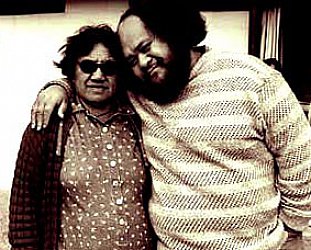

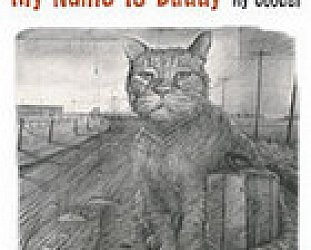
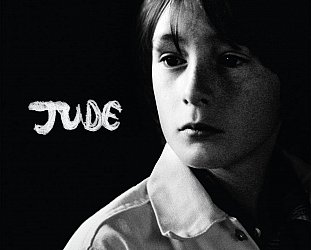
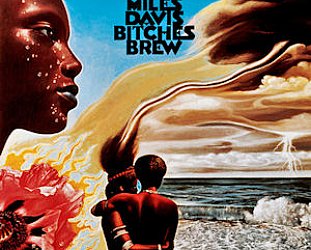
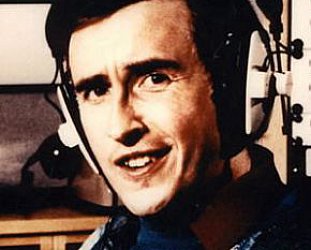
Sy - Sep 16, 2010
Tena koe Maisey
Savejust wanted to know How I can find out your lyrics of your songs? Love to sing your songs but dont feel i should make up the words hehe want to get it right.
kia ora
post a comment